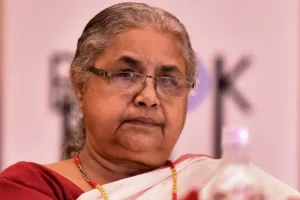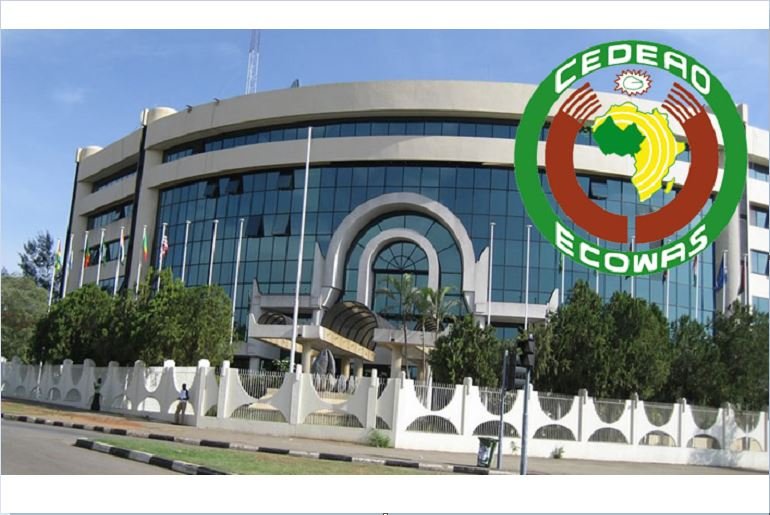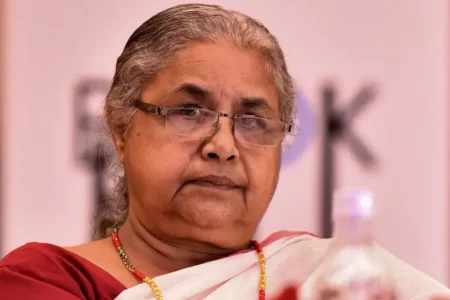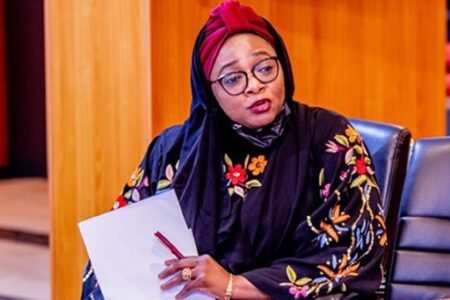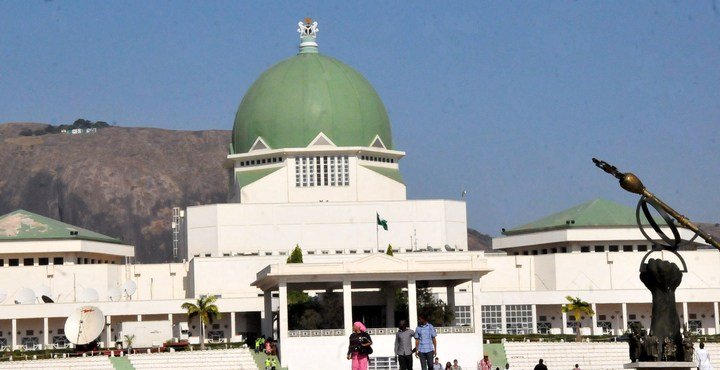Ambassador Gautier Mignot, Head of the European Union (EU) Delegation to Nigeria and the Economic Community of West African States, has urged ECOWAS to take a new approach in its dealings with Burkina Faso, Mali, and Niger, collectively known as the Alliance of Sahel States.
During a media briefing in Abuja on Monday, Mignot expressed the EU’s regret over the three nations’ withdrawal from ECOWAS, emphasising the importance of regional integration for prosperity and stability.
“It is a decision that we regret because we strongly support West African integration. Splitting does not seem to us a good idea,” he said.
Drawing parallels to the EU’s experience with Brexit, the envoy, who also serves as the Head of Delegation to ECOWAS, emphasised the necessity of negotiation and dialogue in managing such exits.
“Even if you leave a regional integration arrangement, geographically you remain neighbours. You have to find new ways of coexisting and cooperating,” he explained, offering the EU’s expertise to assist ECOWAS in managing the transition.
While pushing ECOWAS to participate in conversation, Mignot stated that the EU continues to work with AES nations by providing humanitarian aid and adjusting development cooperation to support local populations in the face of the Sahel’s mounting security and humanitarian concerns.
The envoy noted, “First, we have to remind that the EU has maintained its humanitarian aid in these countries, and we have adapted our development cooperation, focusing on support to the population.
“Because we are concerned about the security and humanitarian situation in the Sahel, the number of displaced people, refugees, and people in need of assistance is reaching unprecedented levels. And there is ongoing work in Brussels towards a renewed approach in the Sahel, for which, of course, dialogue and exchanges with partners in the region are necessary.”
During a media interview, Mignot, the new EU ambassador to Nigeria, shared his vision for improving EU-Nigeria relations.
He described Nigeria as a “key player in Africa and the world” and emphasised the EU’s commitment to being a reliable partner.
His priorities include fostering structured economic relations, promoting trade and investment, and focusing on sectors such as the green economy, digital technology, agri-food, and healthcare.
Mignot finished by emphasising the EU’s commitment to Nigeria’s development and stability.
“Closer consultation on global and regional issues (the EU is already a main supporter of ECOWAS) on all issues, we want to partner more closely with the Nigerian authorities, at federal and local levels, and listen to their expectations, strategies, and needs,” he said.


